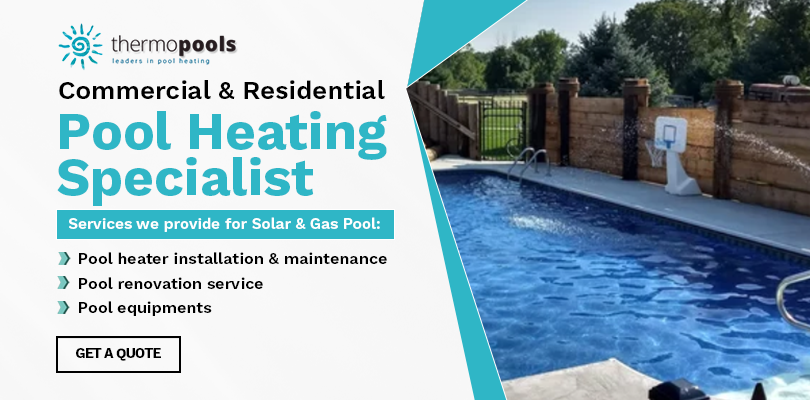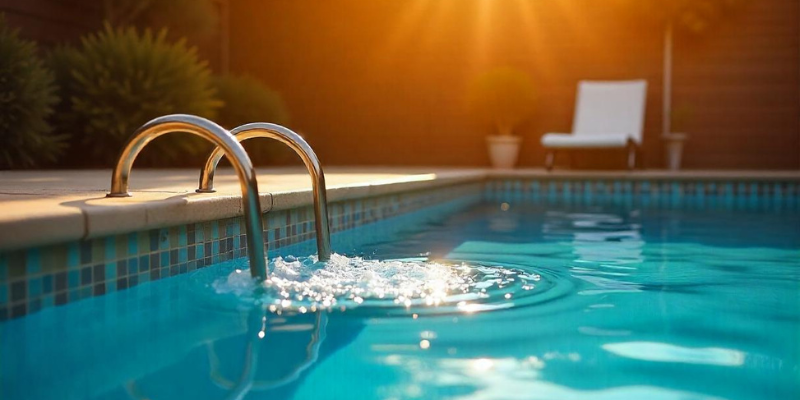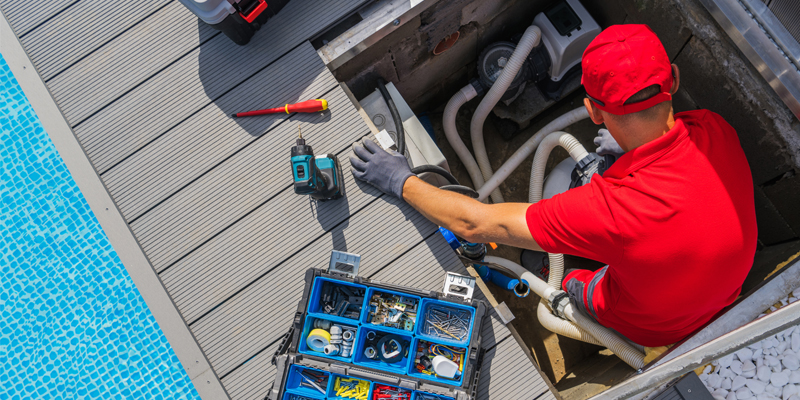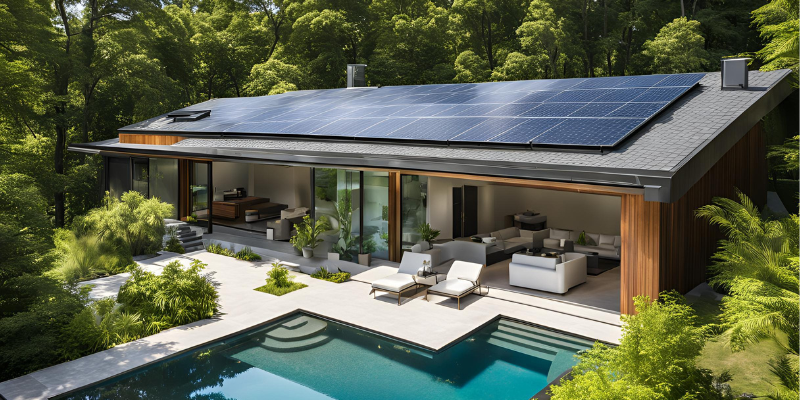Understanding Solar Pool Heating Systems
Solar pool heating systems are designed to harness the sun’s energy and use it to heat your pool water. They typically consist of solar panels installed on your property, usually on the roof, that collect and absorb sunlight. The collected heat is then transferred to your pool water through a circulation system, thus warming the pool.
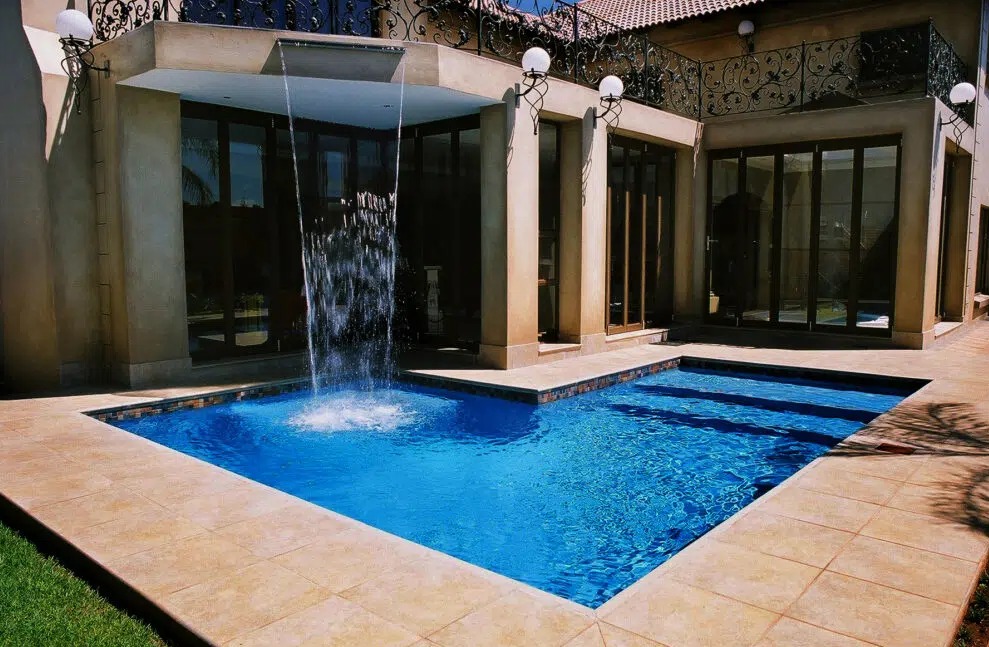
FAQs Regarding Solar Pool Heating System
Q-1: How does a solar pool heater work?
A solar pool heating system involves pumping pool water via a series of pool heating tubes known as a solar collector or solar absorber installed on the roof or ground of a building. The Sun’s free energy heats up the circulating water and pushes it back to the pool at a higher temperature.
Q-2: Compared to other forms of pool heating how does solar pool heating fare?
Kindly note that real solar pool heating systems rely on many ingredients such as financing methods, installation ease, building code requirements, desired length of pool season and pool’s location in the north or south. These differences cause price fluctuation and so homeowners must speak to more than one dealer-installer when thinking about buying a solar pool heating system.
Q-3: Can I install a solar pool heating system myself?
Yes, you can install a solar pool heater; however, only a person who has plumbing and electrical wiring skills should consider installing a solar pool heating system. This is laborious work on a scorching roof, but you can generally save at least 1/3rd of what you shall pay a solar contractor for the installed system otherwise.
Q-4: What are the common types of swimming pool collectors that are in use?
Currently, the solar industry uses black polypropylene plastic collectors completely. These solar pool heating panels may have individual pipes running lengthwise or be firm. Individual collectors are usually 4’x10′ or 4’x12′. Other kinds of pool collectors are a variety of black plastic pipe or tube-on-sheet panels that are made of aluminum or copper, and flexible rubber mats. Glazed collectors or glass covers, normally used for home water heating, aren’t as affordable for pool heating as unglazed collectors, so they aren’t used for pool heating.
Q-5: Should a pool cover be used?
Due to evaporation, the maximum loss of heat from a pool takes place from its surface. Pool covers are very efficient in increasing the swimming season by lowering evaporation loss. Additionally, they help to keep the pool clean, thus reducing the cost of filter maintenance and chemicals. Temperature increases of -15°C to -12°C may be anticipated from a pool cover depending on materials and the number of hours of use. When the pool cover is used 12 hours a day, a -15°C increase is practical and when it is used 20 hours a day, a -12°C. Depending on the care taken in handling and storage, pool covers will last from 3 to 5 years. Indeed, they are your best buy for extending the swimming season. A pool cover must be used from the perspective of energy conservation.
Q-6: What kind of maintenance is required?
Very little or no maintenance would be required for an appropriately installed solar pool heating system. Nonetheless, regular maintenance of the pool and its filtration system is vital. Pool chlorine and pH levels should be kept within the boundaries specified by the pool water test kits. Chemicals should be added to the pool water far off from the collector intake pipes. To make sure that sufficient flow is supplied to the collectors, the filter should be cleaned as often as suggested by the manufacturer. At the start of each swimming season, inspect the solar heating system for correct operation, especially if it has automatic control. Bear in mind that a properly functioning solar collector feels cool upon touch. For the most efficient functioning, the temperature rise of the water passing through the collectors should be from -16°C to -15°C.
Q-7: What is the life span of a solar pool heater?
The majority of the plastic collectors made for swimming pool use comprise ultraviolet screening materials known as inhibitors. The genuine blend of the inhibitors is typically a manufacturer’s secret; nonetheless, appropriately shielded collectors should serve 10 to 15 years.
If you want to enquire about an inverter heat pump & solar pool heating system, call us at Thermo Pools at 02 8850 4030 and check our Google Reviews, and one of our expert and friendly teams will be happy to serve you!





